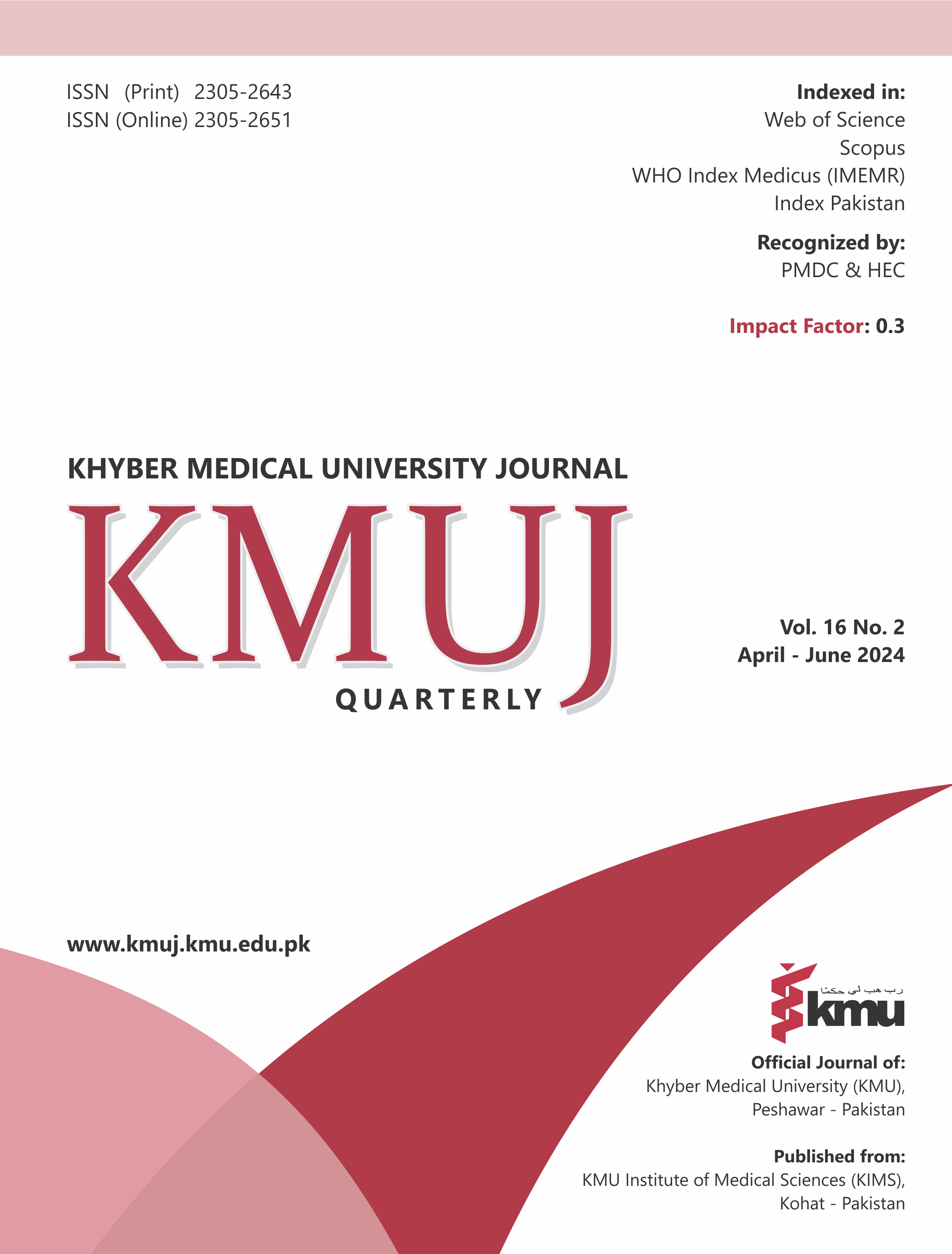Eosinophilic fasciitis as an immune-related adverse event of Pembrolizumab in Hodgkin’s lymphoma: a case report
Main Article Content
Abstract
BACKGROUND: Immune checkpoint inhibitors have transformed the treatment landscape for several types of cancer. These agents boost the patient's immune system by targeting cytotoxic T-lymphocyte-associated protein 4 (CTLA-4), programmed cell death protein 1 (PD-1), and its ligand. However, the enhanced immune activity can lead to a range of immune-related adverse events (irAEs), including rheumatological manifestations.
CASE PRESENTATION: We report a case of an 82-year-old male diagnosed with eosinophilic fasciitis. He had been receiving maintenance pembrolizumab at 200 mg every three weeks for the past three years for Hodgkin lymphoma. He presented with pain in his thumbs and wrists, accompanied by skin thickening and induration of his forearms and lower limbs. Additionally, he reported myalgia, arthralgia, fatigue, and difficulty with manual dexterity. Blood tests revealed a normal full blood count, with no lymphopenia or eosinophilia. A connective tissue disease screen was negative, including tests for anti-centromere antibodies and anti-SCL 70. An MRI of the whole body showed fasciitis, predominantly in the thighs. A full-thickness skin biopsy revealed moderate infiltration by mononuclear lymphocytes and plasma cells. Pembrolizumab was discontinued, and the patient was started on 30 mg prednisolone with a gradual taper over three months. Additionally, methotrexate 20 mg once weekly was added to his regimen. Subsequently, the skin thickening and induration in his forearms and lower limbs improved.
CONCLUSION: This case highlights eosinophilic fasciitis as a potential immune-related adverse event associated with pembrolizumab. Discontinuation of pembrolizumab and initiation of corticosteroids and methotrexate significantly improved the patient's symptoms and skin condition.
Article Details

This work is licensed under a Creative Commons Attribution 4.0 International License.
Work published in KMUJ is licensed under a
Creative Commons Attribution 4.0 License
Authors are permitted and encouraged to post their work online (e.g., in institutional repositories or on their website) prior to and during the submission process, as it can lead to productive exchanges, as well as earlier and greater citation of published work.
(e.g., in institutional repositories or on their website) prior to and during the submission process, as it can lead to productive exchanges, as well as earlier and greater citation of published work.
References
Pinal-Fernandez I, Selva-O' Callaghan A, Grau JM. Diagnosis and classification of eosinophilic fasciitis. Autoimmun Rev 2014;13(4-5):379-82. https://doi.org/10.1016/j.autrev.2014.01.019.
Ihn H. Eosinophilic fasciitis: From pathophysiology to treatment. Allergol Int 2019;68(4):437-9. https://doi.org/10.1016/j.alit.2019.03.001
Dang QM, Watanabe R, Shiomi M, Fukumoto K, Nobashi TW, Okano T, et al. Rheumatic Immune-Related Adverse Events due to Immune Checkpoint Inhibitors—A 2023 Update. Int J Mol Sci 2023;24(6):5643. https://doi.org/10.3390/ijms24065643
Cappelli LC, Gutierrez AK, Bingham CO, Shah AA. Rheumatic and Musculoskeletal Immune-Related Adverse Events Due to Immune Checkpoint Inhibitors: A Systematic Review of the Literature. Arthritis Care Res 2017;69(11):1751-63. https://doi.org/10.1002/acr.23177
Amrane K, Le Meur C, Thuillier P, Alemany P, Niel C, Renault D, et al. Case report: Eosinophilic fasciitis induced by pembrolizumab with high FDG uptake on 18F-FDG-PET/CT. Front Med 2022;20(9)1078560. https://doi.org/10.3389/fmed.2022.1078560
Chan KK, Magro C, Shoushtari A, Rudin C, Rotemberg V, Rossi A, et al. Eosinophilic Fasciitis Following Checkpoint Inhibitor Therapy: Four Cases and a Review of Literature. Oncologist 2020;25(2):140-9. https://doi.org/10.1634/theoncologist.2019-0508
Parker MJS, Roberts ME, Lorigan PC, Du Plessis DG, Chinoy H. Autoimmune fasciitis triggered by the anti-programmed cell death-1 monoclonal antibody nivolumab. BMJ Case Rep 2018; 2018: bcr2017223249. https://doi.org/10.1136/bcr-2017-223249
Mazori DR, Femia AN, Vleugels RA. Eosinophilic Fasciitis: an Updated Review on Diagnosis and Treatment. Curr Rheumatol Rep 2017;19(12):74. https://doi.org/10.1007/s11926-017-0700-6
Bourcier L, St-Hilaire È, LeBlanc M, Picard L. Complete reversibility of pembrolizumab-induced eosinophilic fasciitis without corticosteroids: A case report. SAGE Open Med Case Rep 2021;9:2050313X211025111. https://doi.org/10.1177/2050313x211025111
Samborski W, Eaba R. AB0217 Intravenous pulse corticosteroid therapy in patient with eosinophilic fasciitis. Ann Rheum Dis 2001;60(Suppl 1):A290.2. https://doi.org/10.1136/annrheumdis-2001.738
